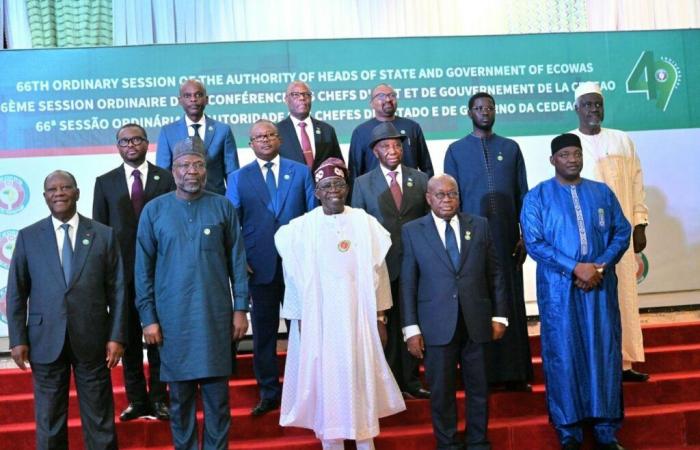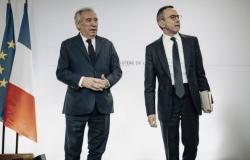The Economic Community of West African States (ECOWAS) is taking a decisive step in the quest for justice in this African country which is none other than The Gambia.
She announced the creation of a special court to try crimes committed under the authoritarian regime of former President Yahya Jammeh. This initiative marks an important step forward for victims who have been demanding justice for years.
Yahya Jammeh, in power from 1994 to 2017, is accused of having ruled his country with an iron fist. His regime is marred by serious human rights violations: forced disappearances, extrajudicial executions, torture, and systematic violence.
During his reign, many dissenting voices were silenced, plunging The Gambia into a dark period in its history.
After his electoral defeat in 2016 against Adama Barrow, Yahya Jammeh left the country under international pressure and currently lives in exile in Equatorial Guinea.
However, testimonies collected by the Truth, Reconciliation and Reparations Commission (TRRC), set up by the Gambian government, revealed the scale of atrocities committed under its regime.
The TRRC’s final report, released in 2021, recommended legal action against Jammeh and his accomplices.
Faced with these conclusions, ECOWAS took the initiative of setting up a special court to try those responsible for these crimes.
This jurisdiction, which will be based in Gambia, will include Gambian and international judges. This is to guarantee a transparent and impartial procedure.
The aim is not only to bring Yahya Jammeh and his former collaborators to justice, but also to reaffirm the region’s commitment to justice and human rights.
Human rights organizations, as well as victims’ associations, welcome this decision, considering it a crucial step towards justice and national reconciliation.
However, challenges remain, particularly regarding the extradition of Yahya Jammeh from Equatorial Guinea, where he benefits from the protection of local authorities.
For The Gambia and West Africa, this tribunal carries a strong message: serious crimes, even committed by heads of state, will not go unpunished. It is also a clear signal to deter other leaders from committing similar abuses in the future.






